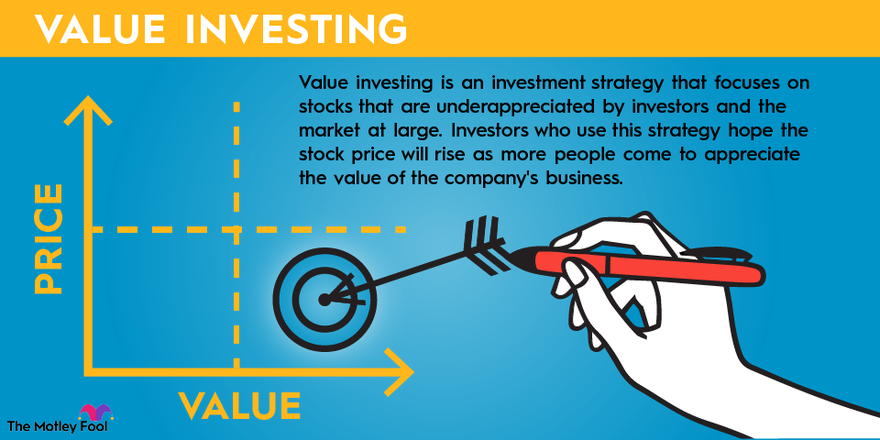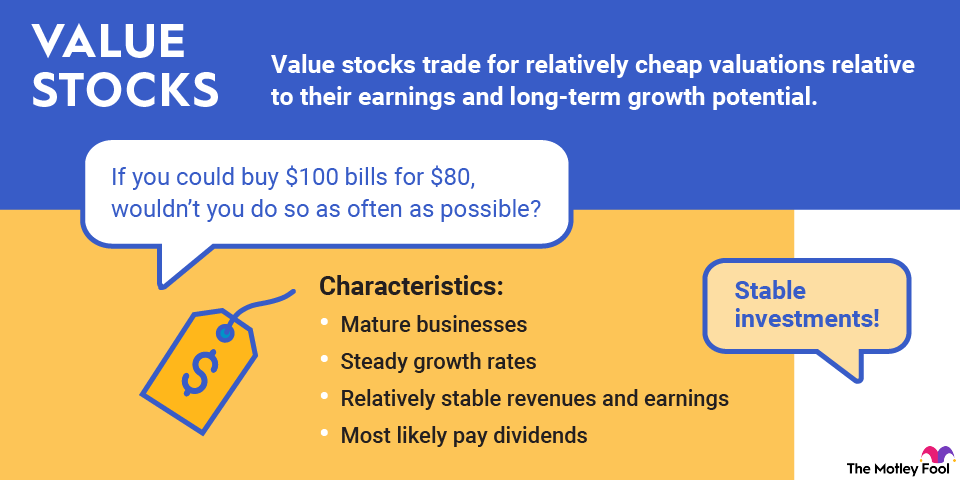It operates under the same business model that has led the stock to almost double the annualized return of the S&P 500 index for more than 55 years. That track record is unmatched and will probably never be beaten.
As part of their value investing strategy, Buffett and his late business partner, Charlie Munger, kept large cash reserves to deploy when they spotted an opportunity. Buffett's also been content to own companies outright that can generate profit and don't need to grow, using those profits to fund stock purchases and new acquisitions, a unique strategy in the stock market.
Wholly owned subsidiaries, such as See's Candies, Dairy Queen, and Brooks running shoes, are all good examples of cash-flowing stable businesses that don't need to grow to contribute to Berkshire's business model. Buffett's value investing approach also explains why he favors sectors like insurance, which provide a "float" in the form of premiums that he can reinvest.
Buffett announced at Berkshire's annual shareholder meeting in May 2025 that he would step down by the end of the year. He will be passing the reins to Greg Abel, who is currently CEO of Berkshire Hathaway Energy.
As of the end of the second quarter, Berkshire had more than $340 billion in cash and equivalents on its balance sheet, putting it in a good position to make an acquisition if it finds one attractive. Additionally, the company could pay a dividend. Abel is expected to run the business with a value-oriented mindset similar to Buffett's, though the Buffett imprint is likely to change over time.
One sign that even value stocks are getting expensive is that Berkshire was a net seller of stocks in 2024, signaling that Buffett may believe the market is overvalued. Stocking up on dry powder is another smart strategy of value investors like Buffett, and it will likely pay off if stocks pull back again as they did at the beginning of 2025.








